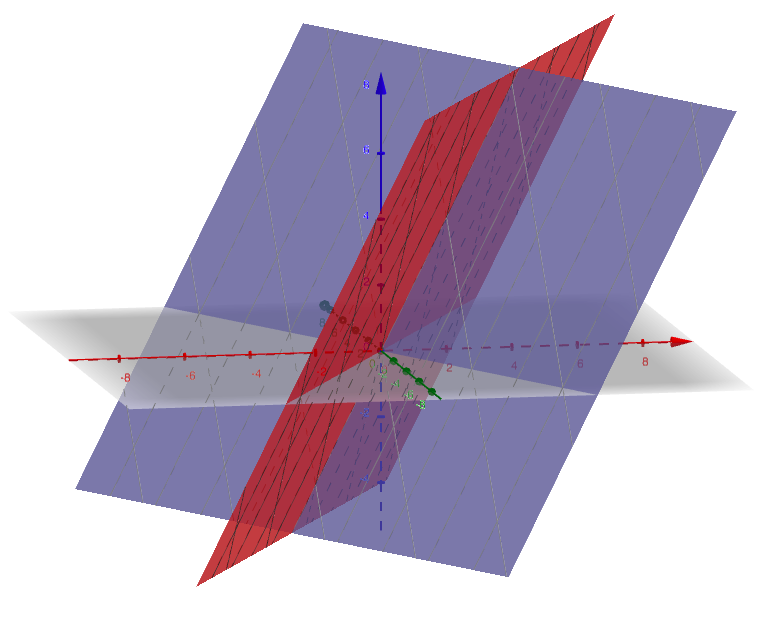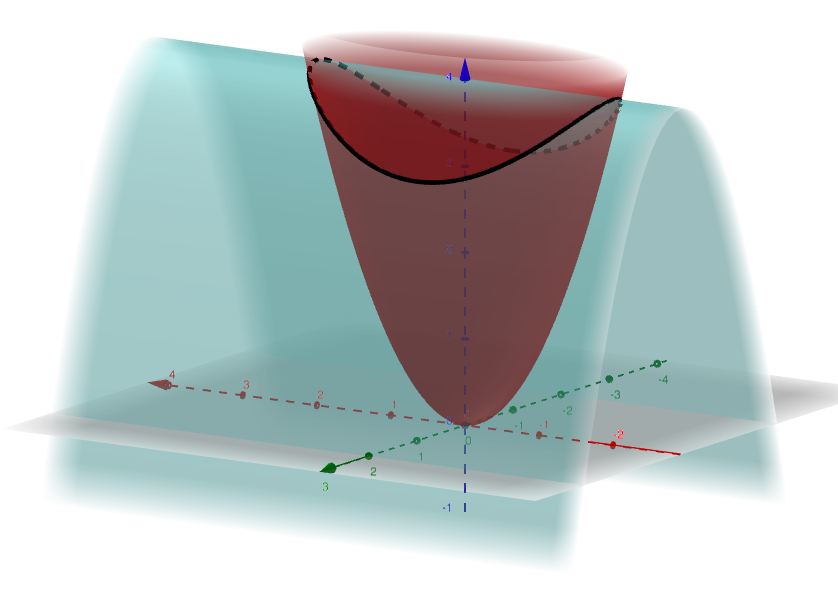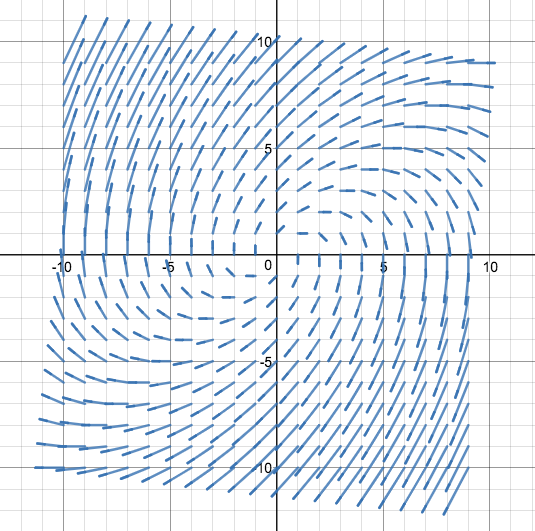Mathematics Course Development
Cryptography
The most multidisciplinary course I've ever taught. Drawing from mathematics, computer science & engineering, history, politics, and ethics, students find many ways to connect to the material. Students develop written & verbal communication skills, along with the ability to synthesize, use, and talk about technical ideas. In this course, I've typically focused on the mathematical aspects, and taken those topics as far as student's desire.
View CourseLinear Algebra
Linear Algebra has become one of the major mainstays of the undergraduate mathematics currciulum. It is not unusual for students to take multiplie linear algebra courses, in their studies. The number of topics that use linear algebra make it easy to gear this course towards a student's interest. I've always taught this course as a seminar.
View CourseMultivariable Calculus
There are a multitude of directions one could take teaching this course. Multidimensional analysis, differential geometry, a dose of topology, and applications to physics are all posibilities. I tend to emphasise aspects that extend what was learned in single variable calculus, and techniques from differential geometry. A good supplemental, for students interested in physics, are the applications of Maxwell's equations, during the discussion of vector calculus.
Differential Equations
The first goal of this course is to work through the basic methods of ordinary differential equations (ODE's). These techniques are often procedural and algorithmic in nature. The second goal of the course is to expose students to the history of mathematics, and the why and how these methods were developed. Too often mathematics is taught as if this collection of facts is "obvious" and always has been. The third goal of the course is to expose students to more advanced mathematical ideas such as Fourier series, special functions, and partial differential equations.



